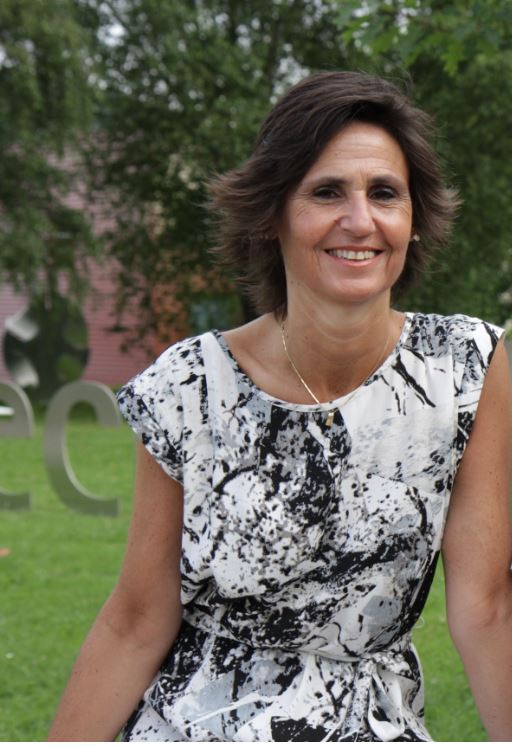News
LATEST NEWS AND EVENTS FROM THE SCHOOL OF ENGINEERING
Statistics can help regain confidence lost during the pandemic
Elisabeth Viles Díez. Professor at Tecnun and Deputy Director of the Institute of Data Science and Artificial Intelligence.

World Statistics Day, established by the United Nations Statistical Commission, is commemorated on October 20. It is celebrated every 5 years and has as goal raise awareness in society of the importance of the work of professional experts in statistics, whose profession is as exciting as unknown, and sometimes undervalued, but of a great added value in the context of many other sciences.
We live surrounded by random situations, although many of us are not aware of it. How many times have we picked up two pants of the same size to see if one of them fits us a little better! Or how many times have we looked sideways at the contents of the bottle of wine to take the fuller one! Maybe not, and it is only the statisticians who do it knowing that no two bottles on the shelf will have exactly the same wine content, nor two pants of the same size without this, in most situations, becoming a reason for complaint.
Mathematical statistics is the science that organizes and summarizes the information contained in a set of data to make it more interpretable. But, above all, it is the science that analyzes the variability of random phenomena. That is, those phenomena that, repeated under practically the same conditions, can give you different results. These phenomena can be observed through the collection of large series of data and statistics provides techniques and tools to learn how to analyze and interpret them. It offers us scientific support for decision making in environments of variability. Something very typical of the present time.
Fundamental science during the pandemic
Normally, the professionalism of an expert becomes evident when he or she has to solve complex problems. The COVID-19 pandemic has shown that such a difficult status as the one we are living through cannot be solved only with an excellent medical team, the best economists, sociologists or the political leaders of the moment.
The data recorded are currently the only raw subject available to know the evolution of the pandemic, as well as to study the effect that political or medical actions will have on it development. The tools for the correct management and analysis of these data, together with the medical knowledge , are the only ones that can currently shed light on the real evolution of the pandemic. profile The statistician is an essential member of a team multidisciplinary that analyzes the evolution of COVID-19 in the population.
Is your voice being sufficiently heard? The statistician is the professional who financial aid designs the plan for data collection and collaborates in identifying the measures and metrics by which the evolution of the virus is evaluated. These metrics are chosen to answer the big questions that have been occupying our conversations for months. I am referring to whether or not the cima has been reached, or to statements as to whether or not we are in a phase of increase, decrease or stability of the pandemic.
It is also the statistician who finds the best way to visualize the data, analyze it, display it and communicate the results. Or the one who collaborates in modeling the behavior of the evolution of the virus so that a reliable prediction can be made sufficiently in advance of the issue of new positive cases. A task, by the way, not easy in this pandemic due to the characteristics of the virus, the unpredictable behavior of the population and the quality of the data, among many other uncertainties surrounding this case.
While this is a concrete example of the work of a statistician, it is not the only one. It is a global day to remember that they are professionals who manage well in environments of variability, where they know how to discern the grain - the information - from the chaff - the noise. They provide value for better informed decision making based on the reality of the data, and not just on haste and instinct as we often do in so many situations in our lives.
Few branches of science today have such a heterogeneous field of application and consequently such a varied group of experts. However, we must not forget the origin of this science to understand that the interpretation of the study and analysis of random situations is not a trivial matter.
I miss hearing the voice and interpretation that statisticians make of the data they are analyzing in this pandemic. An objective voice that interprets from the science of data what is happening and gives scientific support to the decisions that are being made. Perhaps this will help to regain some of the trust we lose when we feel that some people speak to us from subjectivity and opportunism.
